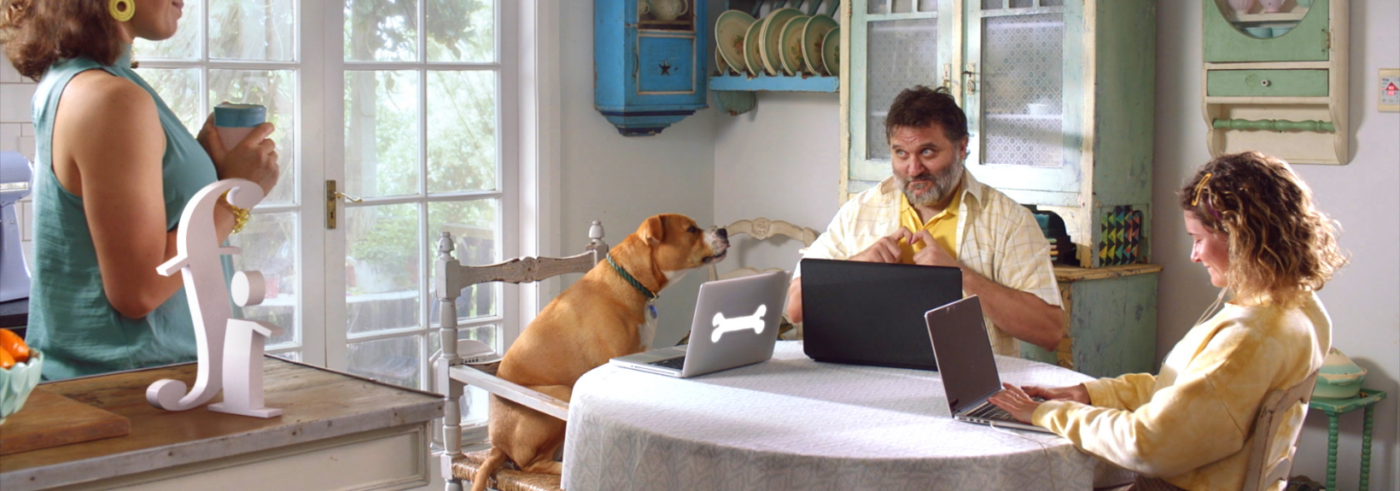Websites are often the first touch point consumers have with your brand and it is a media channel that you totally control. So why is it so many of them are so unengaging?
Websites should be totally true to the brand and represent an experience that enhances it. If we can win with our websites, we can be more empathetic, more persuasive, and ultimately more profitable. I am not writing this to downplay the importance of user experience or conversion rate optimization. But instead, to keep sight of your brand, your tone of voice, and personality. In a post-covid age, website visitation has further exploded, so these factors have never been more important.
How do we bring that traditional instore experience to the digital environment? This blog is about so much more than your website.

At Contagion, I help brands find their purpose, define their values, crack key consumer insights, and work collaboratively with our clients to ensure these values & insights permeate all channels including online. Since COVID accelerated our digital adoption – there are new expectations from consumers on their digital experiences. This means we need to merge the physical & digital operations for our businesses – particularly in the retail space.
We must find what is important to customers. It doesn’t matter if you are a tech start-up, a great food brand or in health care. Consumers are interested in themselves, not your brand. They want to feel smart, they like things simple, they want to smile, they crave status, they also want to feel cared for and feel popular.
The thing is, digital lacks inherently what it means to be human. It is efficient, has infinite capacity and is scalable, but it is also binary, inflexible, and lifeless. It is up to us, as good humans, and brand owners to makeit memorable, empathetic and intuitive
As a great example of this look up Google’s DeepMind simulation of a ‘human’ learning. This may be the most efficient way to run, but it is utterly ridiculous, it may be efficient, but you would be locked up if you ran like this. So, it is up to us to put the life and empathy back into our digital processes.
This is where my research started. To make things very human I naturally turned to psychology, which has been a lifelong love of mine. We need to look at what makes us really motivated. This means doing an activity that is inherently interesting and satisfying, not just because of the end goal. Self-determination theory covers just that. We can break down motivation into its components that have to be satisfied, in order for us to find things inherently rewarding and motivational. From commercial perspective satisfaction leads to sales and loyalty.
So what are these three components?
1. Autonomy
We want users act with willingness and a feeling that their personal goals are aligned with the site. To this end, we cannot just sell but really think through the user’s ideal state of mind ability to navigate
2. Competence
Make users feel able and effective. In essence, we want them to feel smart when they use our site.
3. Relatedness
Makes users feel connected to others/community, they feel cared for and empathy
Following this theory will lead to better digital experiences, which lead to better customer outcomes, which of course lead to better business outcomes. So, in a way we are talking about UX here, we are just relating it directly back to the emotional brain of human beings.
Finally, I have two simple measures for you to keep in mind, that will help in judging any website project you may have.
1. Is it time well saved?
This comes down to the architecture, Is it accessible, simple, intuitive, useful and resourceful
2. Is it time well spent?
This is where as marketeers we can add true value. Make the site entertaining, empathetic, educational, motivational and rewarding.
I hope you find this helpful. Remember your website is your brand home, so give people a warm welcome.